by Christine Sacerodte Ed.D | Montessori Leadership Magazine Online Issue, Psychology, Research, The International Montessori Council, Uncategorized
y parents were married for 58 years when mom was diagnosed with Alzheimer’s. My parents would repeatedly say that they had done it all: “Better, worse, richer, poorer sickness and in health.” Mom had a stroke and, during the follow-up doctor appointments, it was discovered she had Alzheimer’s. During this time period, she was in […]
To continue reading, you will need to choose a subscription plan.

by Kath Kvols | Archived Issues / Tomorrow's Child, Challenging Behaviors, Discipline, Emotional Intelligence (EQ), Emotionally Healthy Children, Empowerment, Grace and Courtesy, MFA, Mixed Ages, Montessori Family Life, Montessori Grandparenting, Montessori Parenting, Psychology, Tomorrow's Child
What Are Limits? Limits tell your family under what condition you are willing or unwilling to do something. They tell your family where you “draw the line.” They tell what you will or will not tolerate. Their purpose is to take care of you. Limits are not designed to...
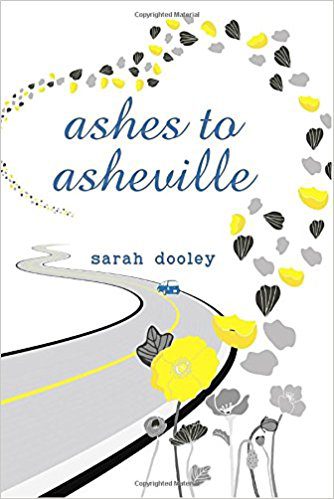
by Joyce St. Giermaine | Adolescence, Book Reviews, Early Adolescence (12-15), Gender, Later Adolescence (15-18), MFA, Montessori Middle School, Montessori Secondary / High School, Psychology, Young Adults
Ashes to Asheville by Sarah Dooley his is definitely a book for young adults and grown-ups as well. It’s a road-trip story that explores some very contemporary issues about the concept of ‘family’ and the many very real issues that resulted before laws were changed to acknowledge the rights of all families. When two young […]
To continue reading, you will need to choose a subscription plan.
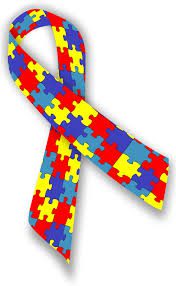
by Lorna McGrath | Autism, Book Reviews, Children with Exceptionalities, Communication, Empowerment, MFA, Montessori Family Life, Montessori Parenting, Montessori students, Psychology
I do in Autismland: Climbing Out of Autism’s Silent Person Written by Ido Kedar do’s essays have had a profound effect on me–as an educator, a parent, a friend of parents who have mute children with Autism, deafness, or Down Syndrome, and a daughter of a mute stroke victim. So many times, we make assumptions […]
To continue reading, you will need to choose a subscription plan.

by Brynn Rangel | Children with Exceptionalities, Infant-Toddler (0 to 3), Kindergarten, Later Adolescence (15-18), Lower Elementary (6-9), Montessori Charter Schools, Montessori Education, Montessori Middle School, Montessori Secondary / High School, Montessori students, Montessori Teachers, Peace Education, Primary (3-6), Psychology, The International Montessori Council, Video, Webcasts / IMC
How to Address Challenging Behaviors: Applying Positive Behavior Support Strategies to the Montessori Classroom What happens when a child struggles to normalize? What do we do when challenging behaviors disrupt the learning environment? Positive behavior support strategies can be used to restore peace in the classroom. In this webinar, Board Certified Behavior Analyst, Brynn Rangel […]
To continue reading, you will need to choose a subscription plan.

by Joyce St. Giermaine | MFA, Montessori Family Life, Montessori Parenting, Montessori students, Primary (3-6), Psychology
Editor’s Note: In the January 2016 issue of Tomorrow’s Child’, in the“Dear Cathie” column, a parent expressed concern about opportunities for artistic expression in a child’s Montessori classroom. s I edited this article for print, I couldn’t help mutter to myself: Huh? My Montessori children and grandchildren require a contractor-size, heavy-duty trash bag just to […]
To continue reading, you will need to choose a subscription plan.
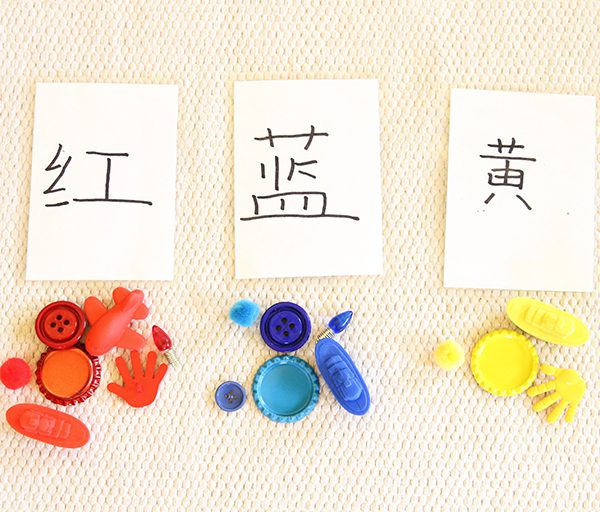
by Punum Bhatia Ph.D | Brain Development, Infant-Toddler (0 to 3), Language, MFA, Montessori Education, Montessori Parenting, Psychology
common misperception is that exposure to multiple languages causes brain confusion and leads to delayed speech and literacy in young children. In reality, however, a bilingual environment fosters cognitive development and increases creativity, concentration, productivity, and problem-solving skills. As early as the womb, humans are able to distinguish between multiple languages and are able to […]
To continue reading, you will need to choose a subscription plan.

by Jocelyn Bell Swanson, MEd | Adolescence, Brain Development, Early Adolescence (12-15), Later Adolescence (15-18), MFA, Montessori Education, Montessori Family Life, Montessori Middle School, Montessori Parenting, Montessori Secondary / High School, Montessori students, Psychology
ust when parents think they have it down—that their child is gracious and engaged, academically sound if not accelerated, physically coordinated and mature—the kid goes and turns into an adolescent! Sometimes coming of age is a slow boil. And other times it’s like adding rice stick noodles into a wok full of oil. I absolutely […]
To continue reading, you will need to choose a subscription plan.

by Amina Elshishini | Archived Issues / Montessori Leadership, Brain Development, Language, Montessori Administrators, Montessori Education, Montessori students, Psychology, The International Montessori Council
n many countries bilingualism is a steadily growing phenomenon that shapes and affects the learning process of children at homes and schools. The most popular second languages in Egypt are English, French, and German. Many parents prefer their children to be schooled in a foreign language rather than their native mother tongue. Being fully bilingual […]
To continue reading, you will need to choose a subscription plan.

by Meg Caldwell | Archived Issues / Montessori Leadership, Children with Exceptionalities, Montessori Education, Montessori students, Montessori Teachers, Psychology, The International Montessori Council
Children’s Meeting House Montessori School re we seeing more learning differences in children? This is a question that teachers have repeatedly asked me. They are seeing students who struggle with concentration issues, processing information, an inability to follow multiple-step procedures or directions, sensory challenges, and an inability to capture thoughts on paper. And more importantly, […]
To continue reading, you will need to choose a subscription plan.

by Lensyl Urbano, PhD | Adolescence, Montessori students, Psychology, The International Montessori Council
oday we reconstituted our small groups for science. One student was late getting his name into the bowl and he did not get randomly assigned to a group, so I deviated a little from our standard procedure and asked him which group he thought would be the best for him. Not which group he most […]
To continue reading, you will need to choose a subscription plan.
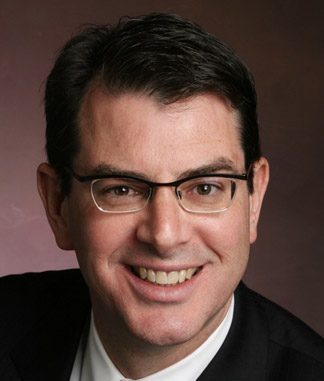
by Tim Seldin | Adolescence, Brain Development, Children with Exceptionalities, Early Adolescence (12-15), Later Adolescence (15-18), Lower Elementary (6-9), Montessori Curriculum, Montessori Education, Montessori Middle School, Montessori Secondary / High School, Montessori students, Primary (3-6), Psychology, Research, The International Montessori Council, Webcasts / IMC
On October 14, 2015, we were joined by Dr. Steve Hughes. As a board-certified pediatric neuropsychologist, Dr. Hughes also specializes in assessment and treatment planning for persons who have problems with attention, concentration, organization, planning, and related executive functions. His topic was The value of concentration in developing agency.
To continue reading, you will need to choose a subscription plan.

by Tim Seldin | Adolescence, Brain Development, Early Adolescence (12-15), Emotional Intelligence (EQ), Later Adolescence (15-18), Lower Elementary (6-9), MFA, Montessori Education, Montessori Family Life, Montessori Middle School, Montessori Secondary / High School, Montessori students, Parent Education, Planes of Development, Primary (3-6), Psychology, Research, Sensitive Periods, The International Montessori Council, Upper Elementary (9-12), Webcasts / IMC
On September 25th, 2014, neurologist and Montessori researcher Steve Hughes and Montessori Foundation President, Tim Seldin, sat down to discuss his work and how modern brain science supports Montessori education worldwide. As Steve puts it, Montessori builds better brains. v
To continue reading, you will need to choose a subscription plan.

by Steve Hughes, MD | Adolescence, Brain Development, Early Adolescence (12-15), Emotional Intelligence (EQ), Later Adolescence (15-18), Lower Elementary (6-9), Maria Montessori, MFA, Montessori Education, Montessori Middle School, Montessori Secondary / High School, Montessori students, Parent Education, Planes of Development, Primary (3-6), Psychology, Research, Sensitive Periods, The International Montessori Council, Video
Dr. Steve Hughes, Neuro-psychologist and Brain Scientist, examines the basic assumptions of education today, and shows how an entirely different framework, first articulated by Dr. Maria Montessori over 100 years ago, conforms to what we now know about optimizing social, emotional, cognitive, and academic development.
To continue reading, you will need to choose a subscription plan.

by Michael Dorer, EdD | Infant-Toddler (0 to 3), Kindergarten, Later Adolescence (15-18), Lower Elementary (6-9), Montessori Education, Montessori Middle School, Montessori Secondary / High School, Montessori students, Primary (3-6), Psychology, The International Montessori Council, Upper Elementary (9-12), Video, Webcasts / IMC
This week Dr. Michael Dorer led a topic of interest to both school administrators and teachers: Independence – Let me do it myself! This may be the defining mantra of Montessori education. Why is that? What does it mean? Is it really all that important? We celebrated America’s Independence Day (July 4) by looking […]
To continue reading, you will need to choose a subscription plan.
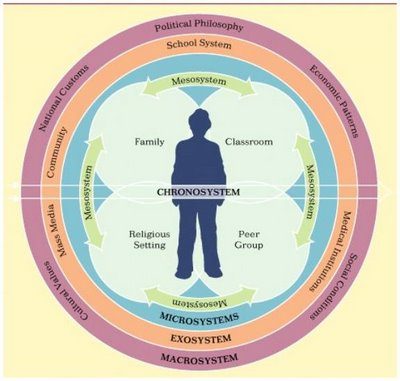
by Kyla Landon BA RECE | Psychology, The International Montessori Council
s many of us have already figured out, children do not exist in their own tiny bubble unaffected by family, peers, teachers and community culture. In fact it is quite the opposite. We understand that our children and students are greatly impacted by the world around them. The well-known human development psychologist Urie Bronfenbrenner outlined […]
To continue reading, you will need to choose a subscription plan.
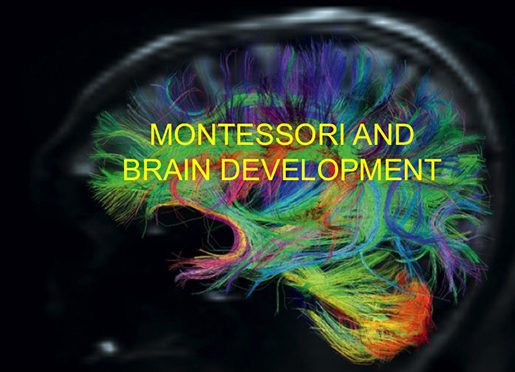
by Sam Chaltain | Brain Development, Emotional Intelligence (EQ), MFA, Psychology
y announcing last month that I wanted 2016 to be a year of wonder, I put friendly pressure on myself to pursue all the big questions that occurred to me. We’ll see how well I’m able to sustain the energy over the course of the rest of the year, but my first riddle was this: […]
To continue reading, you will need to choose a subscription plan.

by Patricia De Leon | Adolescence, Early Adolescence (12-15), Later Adolescence (15-18), Lower Elementary (6-9), MFA, Montessori Middle School, Montessori Parenting, Montessori Secondary / High School, Planes of Development, Psychology
rowing up as a Montessori child in Mexico shaped much of my life and gave me a great passion to teach. Learning with the beautiful and precise Montessori materials led me to become fascinated with the language of mathematics and geometry, and, as I watched older students discover them as I had, I discovered a […]
To continue reading, you will need to choose a subscription plan.
















